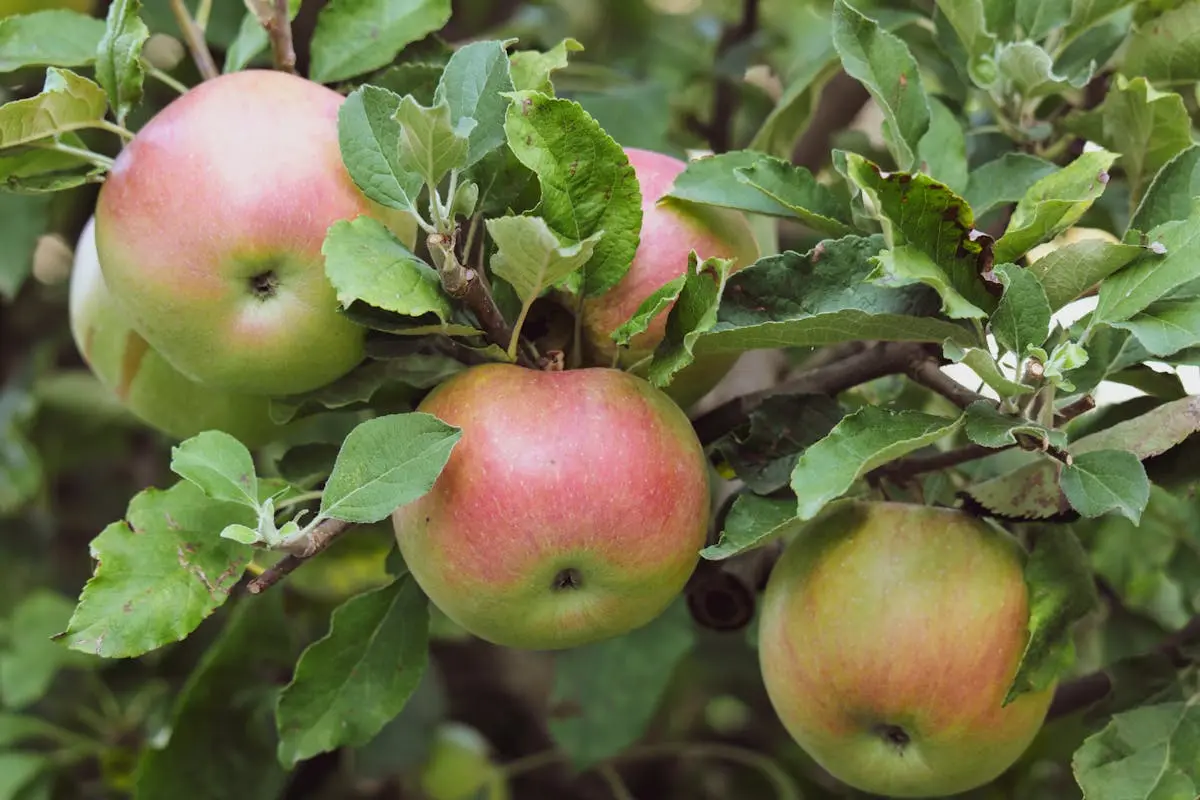Imagine you have two seeds in your hand, and you can only plant one. One seed grows quickly but produces bitter, undesirable fruit. The other takes more time and care, but the fruit it produces is rich, beautiful, and life-giving. Which would you choose? This metaphor reflects the choice we make every day about what we allow to grow in our hearts. Learning how to cultivate lasting fruit in your life means choosing what aligns with God’s Spirit over what merely satisfies the flesh.
Fruit of the Flesh vs. Fruit of the Spirit
In Galatians 5, the apostle Paul draws a clear distinction between two types of fruit: that of the flesh and that of the Spirit. Our flesh leads us toward behaviors like jealousy, selfishness, hate, and chaos. These are not only spiritually unhealthy, they also harm our relationships, our peace, and our sense of purpose.
But when we walk with Jesus, we receive the Holy Spirit, who empowers us to “crucify” those desires and bear fruit that reflects God’s character.
“The fruit of the Spirit is love, joy, peace, forbearance, kindness, goodness, faithfulness, gentleness and self-control.”
Galatians 5:22-23 (NIV)
What It Looks Like to Cultivate Lasting Fruit
Cultivating the fruit of the Spirit takes time, discipline, and daily surrender. Our natural desires might push us toward revenge, lust, or pride, but the Spirit redirects us toward grace, patience, and humility.
Examples of This in Real Life:
- Your flesh wants to lash out… but the Spirit leads you to respond with kindness.
- Your emotions want control… but the Spirit calls you to walk in peace.
- Your pride wants credit… but the Spirit teaches humility and gentleness.
When we choose the Spirit’s way, we plant seeds that grow into a meaningful and lasting spiritual harvest.
Ask Yourself These Questions
- What kind of fruit is my life currently producing?
- Am I living in step with the Holy Spirit, or reacting from the flesh?
- Are there pockets of bitterness, jealousy, or selfishness that need to be surrendered?
Steps to Grow Spiritual Fruit
- Spend time daily in Scripture and prayer.
- Ask the Holy Spirit to reveal areas in your life that need transformation.
- Practice spiritual disciplines like fasting, silence, and journaling.
- Surround yourself with godly community for accountability and encouragement.
- Let go of habits, thoughts, or relationships that produce unhealthy fruit.
Conclusion
If you want to cultivate lasting fruit in your life, choose daily to walk with the Spirit. It may not be easy or fast, but the result is eternal. The fruit of the Spirit is evidence of a transformed heart and a surrendered life. Let Him work in you and through you… for His glory.
For more encouragement on walking in step with God every day, visit the YouVersion Bible App.
FAQs About Spiritual Fruit
It means to intentionally grow in love, joy, peace, and other qualities listed in Galatians 5 by surrendering to the Holy Spirit and practicing godly habits.
Examine your actions, attitudes, and thought patterns. If they lead to peace, kindness, and self-control, you’re likely following the Spirit’s lead.
No. Like any garden, it takes time, consistency, and care. But daily steps in obedience will yield powerful transformation over time.
Start by spending time in God’s presence through prayer and Bible study. Invite the Holy Spirit to lead you and begin by obeying what He reveals.
Because it’s rooted in God’s eternal nature. Unlike temporary achievements, spiritual fruit has lasting impact both now and into eternity.
Who is the Holy Spirit?
(Fast forward 34 minutes to hear the guest speaker)












